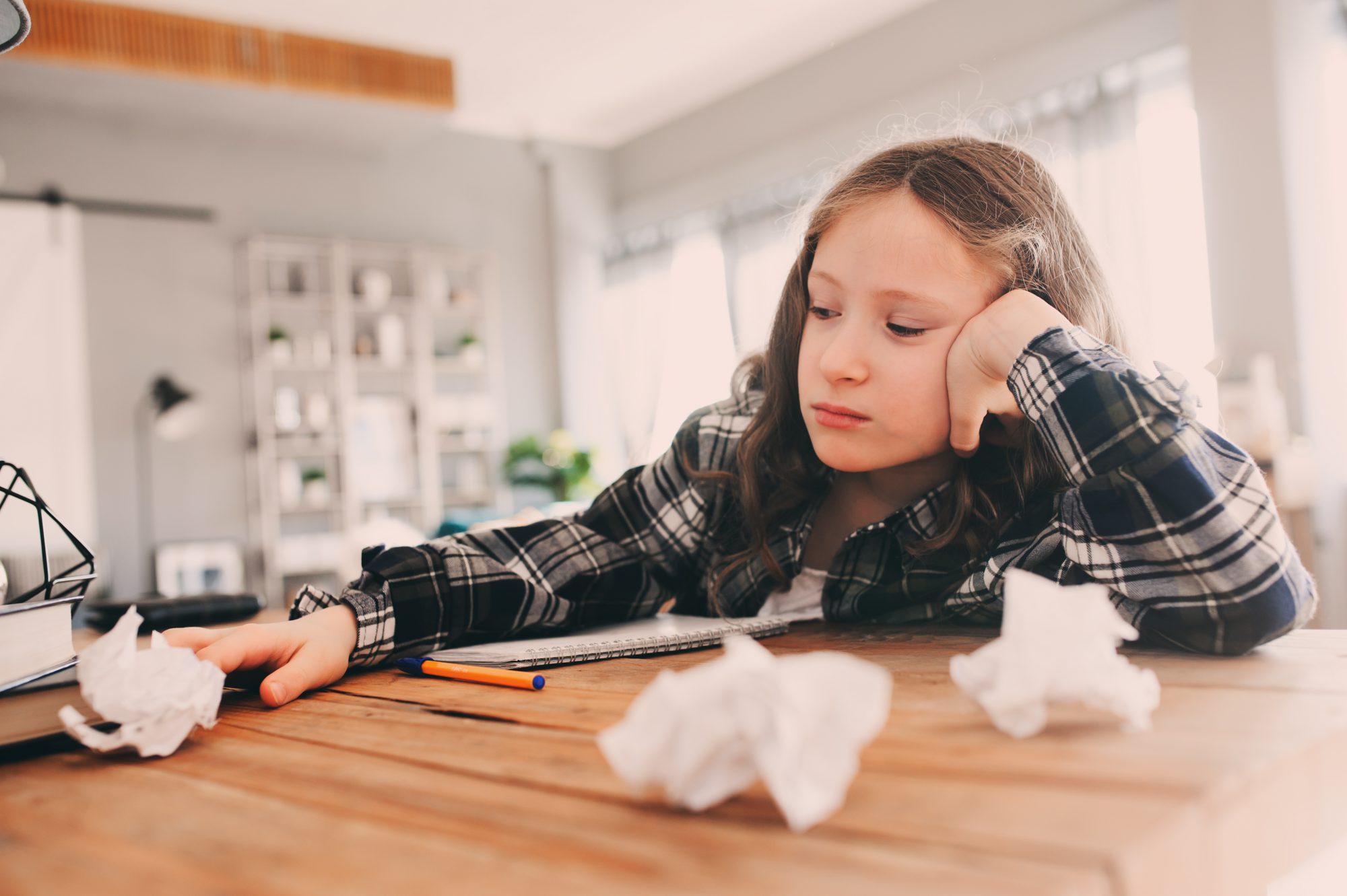
7 Ways to Heal Your Childhood Trauma
- Acknowledge and recognize the trauma for what it is. Victims of childhood trauma often spend years minimizing the event or dismissing it by pretending it didn’t happen or by ...
- Reclaim control. Feelings of helplessness can carry well over into adulthood and can make you feel and act like a perpetual victim, causing you to make choices based on ...
- Seek support and don’t isolate yourself. A natural instinct that many trauma survivors have is to withdraw from others, but this will only make things worse. ...
- Take care of your health. Your ability to cope with stress will increase if you are healthy. ...
- Learn the true meaning of acceptance and letting go. Just because you accept something doesn’t mean you’re embracing your trauma or that you like it or agree with it. ...
- Replace bad habits with good ones. Bad habits can take many forms, like negativity and always mistrusting others, or turning to alcohol or drugs when feelings become too hard ...
- Be patient with yourself. When you’ve been seriously hurt as a child you develop out-of-control emotions, hopelessness, defense mechanisms and warped perceptions that are difficult to let go of. ...
- Acknowledge and recognize the trauma for what it is. ...
- Reclaim control. ...
- Seek support and don't isolate yourself. ...
- Take care of your health. ...
- Learn the true meaning of acceptance and letting go. ...
- Replace bad habits with good ones. ...
- Be patient with yourself.
How do I get Over my Childhood trauma?
- A therapist who understands the impact of childhood experiences on adult life, particularly traumatic ones. ...
- A safe therapeutic space, one in which you can build trust, is important.
- Your therapist must understand and allow for your distrust at first.
- All feelings need to be allowed, encouraged, and heard. ...
- Your therapy needs to unfold at your pace. ...
How to heal from childhood trauma?
Unlike anything else on the market, this film is simply phenomenal and essential to the conversation of immigrant family trauma. There are few words that ... your core duty will always be to protect your child. And that is exactly what Evelyn forced ...
How do you deal with childhood trauma?
“It is easier to deal with the physical stress compared ... More than two weeks after the storm devastated their village, some children appear to have gotten back on their usual routine, playing ...
How to deal with your childhood trauma as an adult?
Burch offered several suggestions in her post:
- Act quickly. “Missed schoolwork and social experiences snowball, making school avoidance a problem that grows larger and more difficult to control as it rolls along,” Burch wrote. ...
- Find the cause. ...
- Work with your school. ...
- Be empathetic but firm. ...
- Eliminate temptation. ...

Does childhood trauma ever go away?
Yes, unresolved childhood trauma can be healed. Seek out therapy with someone psychoanalytically or psychodynamically trained. A therapist who understands the impact of childhood experiences on adult life, particularly traumatic ones.
How do you fix unresolved childhood trauma?
5 Ideas to Help You Cope With TraumaYoga. Studies show yoga has the ability to reduce symptoms of trauma.Meditation and mindfulness. Being able to quiet your mind and let thoughts come and go without judgment can reduce feelings of stress and anxiety. ... Exercise. ... Journal. ... Reach out.
What are signs of childhood trauma?
Signs of childhood traumaReliving the event (flashbacks or nightmares)Avoidance.Anxiety.Depression.Anger.Problems with trust.Self-destructive or risky behaviors.Withdrawal.
Can childhood trauma be reversed in adulthood?
Isabelle Mansuy and her team have now shown that the impact of childhood trauma can be corrected by a low-stress and enriched environment in adult life. At the same time, the correction the of DNA methylation pattern prevents the symptoms from being inherited by the offspring.
How do you release trauma trapped in the body?
It's sometimes used to describe the phenomenon of carrying past trauma or so-called negative experiences through life, relationships, or a career....Here are a few ways to release repressed emotions:acknowledging your feelings.working through trauma.trying shadow work.making intentional movement.practicing stillness.
What does childhood trauma look like in adults?
Childhood trauma also results in feeling disconnected, and being unable to relate to others. Studies have shown that adults that experience childhood trauma were more likely to struggle controlling emotions, and had heightened anxiety, depression, and anger.
What is the most common childhood trauma?
The most common causes of childhood trauma include:Emotional abuse or neglect.Physical abuse or neglect.Separation from a parent or caregiver.Sexual abuse.Stress caused by poverty.Sudden and/or serious medical condition.Violence (at home, at school, or in the surrounding community)War/terrorism.More items...
How does unresolved childhood trauma manifest in adults?
Other manifestations of childhood trauma in adulthood include difficulties with social interaction, multiple health problems, low self-esteem and a lack of direction. Adults with unresolved childhood trauma are more prone to post-traumatic stress disorder (PTSD), suicide and self-harm.
How do adults deal with childhood trauma?
3 steps to help overcome childhood traumaRecognize the trauma. The adult must acknowledge this certain childhood experience as trauma. ... Be patient with yourself. Self-criticism and guilt can be very common when it comes to adults who have lived through a traumatic childhood. ... Reach out for help.
Why is childhood trauma so damaging?
Physical Health Children who are exposed to abuse and trauma may develop what is called 'a heightened stress response'. This can impact their ability to regulate their emotions, lead to sleep difficulties, lower immune function, and increase the risk of a number of physical illnesses throughout adulthood.
What are the 10 childhood traumas?
They generally include the following:Physical abuse.Sexual abuse.Emotional abuse.Physical neglect.Emotional neglect.Mental illness.Divorce.Substance abuse.More items...•
How do you get out of childhood trauma survival mode?
If you are feeling some of the impacts of survival brain but it feels manageable, there are some things you can do:Be gentle and kind to yourself. ... Move your body in a way that feels good. ... Reach out for supports. ... Practice grounding techniques.More items...•
What does unresolved trauma do to a person?
Unresolved trauma puts people at increased risk for mental health diagnoses, which run the gamut of anxiety, depression and PTSD. There are physical manifestations as well, such as cardiovascular problems like high blood pressure, stroke or heart attacks.
How do you get out of childhood trauma survival mode?
If you are feeling some of the impacts of survival brain but it feels manageable, there are some things you can do:Be gentle and kind to yourself. ... Move your body in a way that feels good. ... Reach out for supports. ... Practice grounding techniques.More items...•
What are the symptoms of unresolved trauma?
The symptoms of unresolved trauma may include, among many others, addictive behaviors, an inability to deal with conflict, anxiety, confusion, depression or an innate belief that we have no value.
What does childhood trauma do to a person?
Without treatment, repeated childhood exposure to traumatic events can affect the brain and nervous system and increase health-risk behaviors (e.g., smoking, eating disorders, substance use, and high-risk activities).
What causes trauma in children?
Childhood trauma can be caused by any situation perceived by the child as frightening and/or overwhelming, and during which the child feels scared and helpless. This situation is often just a one-time event, such as an injury or a natural disaster.
What is the link between childhood trauma and psychological disorders?
Specifically, childhood trauma has been associated with various forms of emotion dysregulation, including stress-reactivity, which is believed to be one of the mechanisms underlying the link between childhood trauma and psychological disorders.
What is the neurotransmitter in PTSD?
Children and adults diagnosed with Posttraumatic Stress Disorder (PTSD) are commonly prescribed antidepressants containing the neurotransmitter serotonin . In psychiatric circles, serotonin has a well-recognized role in the modulation of a number of mood and anxiety disorders.
How much sleep do you need for trauma?
Sleep needs vary with age, but generally speaking, young children need around 11 to 12 hours each night, teens need between 8.5 and 9.25 hours and the average adult needs between seven and nine hours per night.
How does early life affect the brain?
Children who are exposed to sexual or physical abuse or the death of a parent are at higher risk for development of depressive and anxiety disorders later in life.
Is childhood trauma a risk for future trauma?
Risk of Future Trauma in Adults and Children. Research shows that experiencing childhood trauma can have very negative, long lasting impact on the individual’s emotional, psychological, and physiological well-being in adulthood, especially if not resolved.
Is childhood physical abuse a dominant pattern?
A history of childhood physical abuse is related to dominant interpersonal patterns rather than submissive interpersonal patterns in adulthood. These findings provide preliminary evidence that childhood trauma might substantially contribute to interpersonal problems in adulthood.
